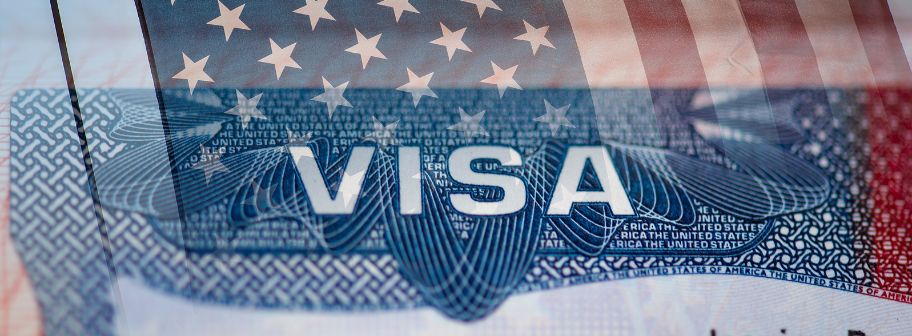O1 VISA VS H1B VISA
In the realm of immigration and employment visas, the O1 Visa vs H1B Visa debate reigns supreme, captivating the attention of professionals worldwide. As individuals seek avenues to pursue career opportunities in the United States, understanding the nuances between these two visa categories becomes paramount. So, let’s embark on a journey to unravel the mysteries surrounding the O1 Visa vs H1B Visa dilemma.
First and foremost, it’s crucial to grasp the fundamental differences between the O1 Visa and the H1B Visa. The O1 Visa is designated for individuals with extraordinary abilities or achievements in fields such as science, arts, education, business, or athletics. Conversely, the H1B Visa is tailored for foreign workers in specialty occupations that typically require a bachelor’s degree or higher.
One of the key distinctions lies in the eligibility criteria. While the O1 Visa demands exceptional skill or recognition in a specific field, the H1B Visa necessitates a relevant degree and employment in a specialized occupation. This dissimilarity often dictates which visa route an individual may pursue based on their qualifications and professional background.
Moreover, the application process for each visa type varies significantly. The O1 Visa petition requires substantial evidence showcasing the applicant’s extraordinary abilities, such as awards, publications, or significant contributions to their field. On the other hand, the H1B Visa application entails securing sponsorship from a U.S. employer, who must file a petition on behalf of the prospective employee and navigate the complexities of the lottery system.
Financial considerations also play a pivotal role in the O1 Visa vs H1B Visa comparison. While H1B Visa holders are subject to prevailing wage requirements and may encounter limitations on their employment opportunities, O1 Visa beneficiaries enjoy greater flexibility in pursuing various projects and engagements, often commanding higher compensation due to their exceptional talents.
Furthermore, the O1 Visa boasts certain advantages in terms of longevity and potential pathways to permanent residency. Unlike the H1B Visa, which is subject to annual caps and renewal limitations, the O1 Visa can be granted for up to three years initially, with the possibility of extensions indefinitely. Additionally, O1 Visa holders may explore avenues such as the EB-1A immigrant visa category, which offers a direct path to obtaining a green card based on extraordinary ability.
In conclusion, the O1 Visa vs H1B Visa debate presents a multifaceted dilemma for aspiring professionals seeking opportunities in the United States. While the H1B Visa remains a popular choice for skilled workers in specialized fields, the O1 Visa offers a distinct pathway for individuals with extraordinary talents or achievements. Ultimately, the decision between the two hinges on factors such as qualifications, career objectives, and long-term aspirations.
As the landscape of immigration policies continues to evolve, navigating the complexities of the O1 Visa vs H1B Visa landscape necessitates careful consideration and informed decision-making. Whether you aspire to showcase your exceptional abilities or pursue specialized employment opportunities, understanding the nuances between these two visa categories is paramount in charting your course toward success in the land of opportunity.




